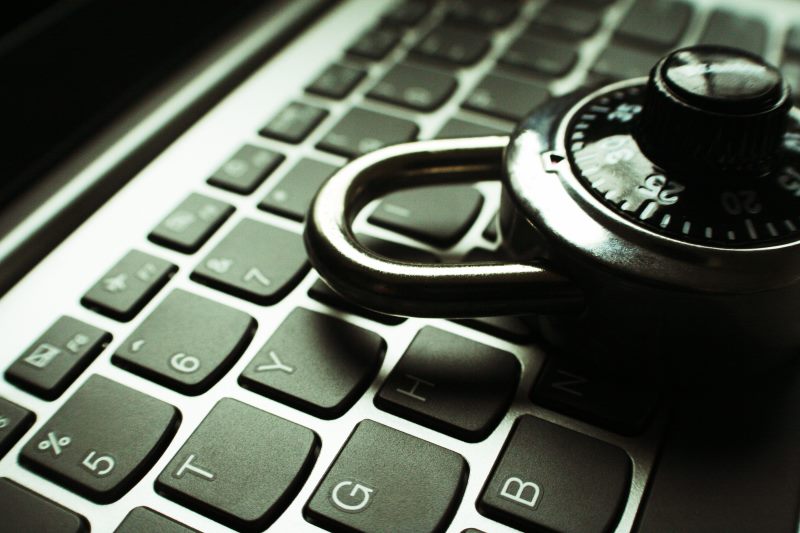Google CEO Sundar Pichai recently opined that “privacy cannot be a luxury good offered only to people who can afford to buy premium products and services” (NYT – May 7 2019). This bears a look at whether privacy is free, or something to be paid.

Read the comments of the article to see through the statement. Google claims to respect privacy, at the same time as working hard to undermine it. No one is fooled when it comes to Google and Privacy; if you use their free services, you have no right to stop them from monetizing that service by selling your data.
Pay for Cloud, Pay for Privacy
At CompanionLink we offer DejaCloud as a paid service. As a paid service, our sole source of income on DejaCloud is the money that is paid. We also offer Software as a paid service. And our only source of income is what people pay to us.
The has come an expectation from some people that software should be free. Vendors like Google and Facebook push free service as a model. But they would not be corporations if they had no income, so you need to watch carefully where that income is coming from.
Apple and Microsoft are not far removed from the fray. Although Apple charges for their phones, they offer free iCloud service. There are serveral reports that Apple monetizes iCloud service by sharing your data with Google. Microsoft has also spoken clearly about monetizing Windows 10 by tracking your purchases.
At CompanionLink we have a simple love for how software used to work. You buy it, you own it. No one should have ulterior motives in selling your data. We make upgrades available and send marketing to our customers as a way to keep our revenue stream steady and provide needed support to our customers. When they get a new PC or new phone, they may not need to pay at that time for an upgrade. But the average of all upgrades has to be there for our team to be able to provide the needed products and services.
At least with CompanionLink and DejaCloud, your data is secure, and not being sold to the highest bidder. We hope through our basic product revenue to stay that way for the future.

